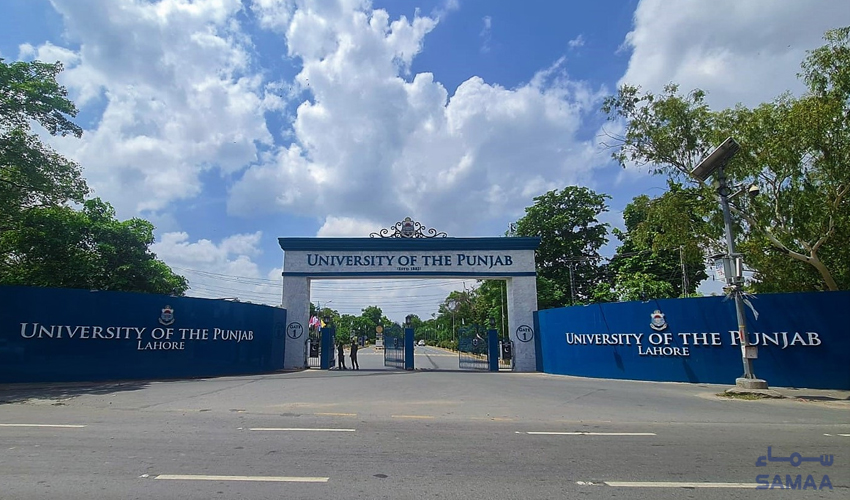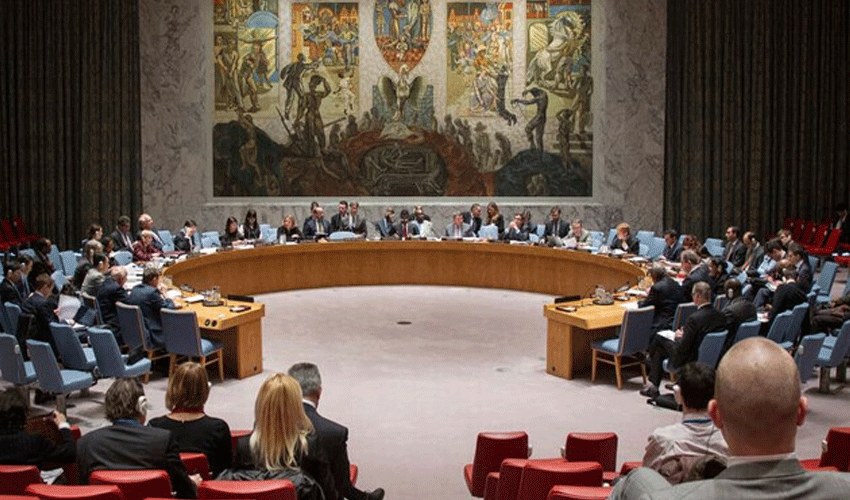Whenever we talk about education and discuss its improved version as per the requirements of the age, we always think that the government must establish new universities in the region where the educational scale is higher. So, the politician, or to some extent, the seasonal politicians, cum education minister, do upgrade colleges into universities, aiming to come into the limelight, likely to be a sincere leader who starts working in the “education” extremely neglected sector in Pakistan.
Generally, the people who attend the inaugural ceremony of such a development appreciate the efforts of their beloved minister, but they don’t know that the old college, which became a university, has completed only its paperwork but is lacking in its necessities.
As per data available on the official website of PHEC, about 51 public sector universities have been established in Punjab, which come under the supervision of the Higher Education Department. Some of the universities’ sub-campuses also function in the province, where students from nearby areas get facilitated rather than traveling from their hometown to other megacities. Purposefully, I want to draw the attention of the authorities toward the actual situation of those public sector universities where only infrastructure is not a big issue but the insufficient faculty is suffering in a miserable situation.
In 2005, the ex-defense minister Rao Sikandar Iqbal inaugurated the “Okara campus” which was a sub-campus of the University of Education (UE), and approved its status as a full-fledged university by approving the bill notified on April 1, 2016 as “University of Okara”. Prof. Dr. Muhammad Zakrai Zakar was given the charge as Vice-Chancellor of the University, and he did his best for its improvement within the available resources. Prof. Dr. Sajid Rashid, a visionary professor of the University of the Punjab, was given interim charge as VC started working for the improvement of the faculty, who had been serving there on ad hoc since 2016 and were waiting for appointments. He struggled to improve the administrative issues as he has vast administrative experience in public sector universities. Unfortunately, the unstable situation in the country adversely affected education, while the phase of improvement has again halted in the university.
The University of the Punjab, the oldest and leading university in Pakistan, has been working in a caretaker setup for a long time, losing its credibility, attraction, and charm, which it had a few years ago. The Punjab government may have no capacity to appoint a permanent vice chancellor except to select the most senior professor of the university by giving him additional charge of the hot seat as a caretaker of the administrative affairs of the university. It is a far better and simpler solution to the problem for PHEC that selects a familiar face of a faculty member and authorizes him for all state affairs of the university. There is little difference between the permanent and the caretaker official in that the permanent always has a vision for the future as he or she is answerable for those decisions that he took during his time of service, while others may feel free to face such a situation. Let me explain the current situation of the university. It was the first time in history that I observed that the admission phase and criteria were completely mismanaged by the authorities due to a lack of experience and concern as well. The university announced admissions twice with the compulsion of an admissions entry test, which was held almost three times. It is also true that Prof. Dr. Khalid is the most experienced and vigilant administrator, working in various positions at the same university, but working in various dimensions is hard to manage by a single man.
The caretaker government of Punjab must take care of this unavoidable circumstance in these public sector universities, particularly the University of the Punjab. The said university is demanding fresh blood to feed it for the extension of its life, which can happen through appointing comparatively young and extremely focused people for this seat. There is a series of faculty members available within the university with strong teaching and administrative experience, serving with loyalty and passion. Prof. Dr. Nadeem Sheikh, a silent but focused personality well aware of the loopholes of the university, can serve more than better in the capacity of Vice-Chancellor. Prof. Dr. Uzma Ashiq, who has recently joined the University of Punjab, has an extraordinary capacity to grab the university from such a situation, as she has a vision to work for its betterment by developing a far better working atmosphere as compared to the existing one. At the same time, there are many hidden gems among the faculty serving in universities who must be given a chance to serve in leading key posts, which is direly needed for the betterment of education and specifically public sector colleges. Universities come into existence accidentally, awaiting a fresh wave of oxygen.
The writer is a Ph.d research scholar of Mass Media, can be reached at alishah287@gmail.com



























